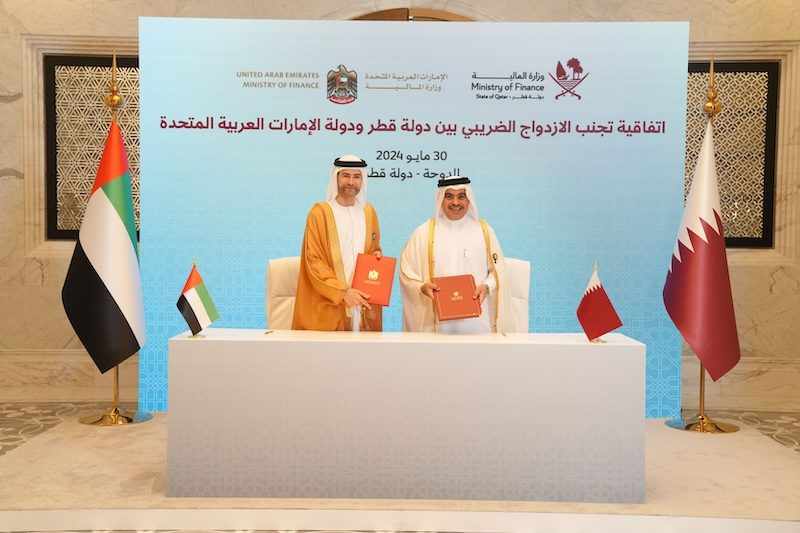Turkey’s skyrocketing inflation is flashing warning signals for Gulf banks
- Date: 02-Sep-2022
- Source: CNBC
- Sector:Financial Services
- Country:UAE
Turkey’s skyrocketing inflation is flashing warning signals for Gulf banks
DUBAI, United Arab Emirates â Banks with exposure to Turkey have faced losses ever since the country's currency began steeply depreciating in 2018; now, lenders in several oil-rich Gulf states in particular are set to take a hit in the next year because of their links to the country, according to a recent report by ratings agency Fitch. Banks in the Gulf Cooperation Council â that's Bahrain, Kuwait, Oman, Qatar, Saudi Arabia and the United Arab Emirates â with Turkish subsidiaries had to adopt "hyperinflation reporting" in the first half of 2022, Fitch wrote this week, as cumulative inflation in Turkey over the last three years surpassed a whopping 100%.   Fitch calculates that GCC banks with Turkish subsidiaries posted net losses of roughly $950 million in this year's first half. Among the hardest hit were Emirates NBD â Dubai's flagship bank â and Kuwait Finance House, the second-largest bank in Kuwait. Turkish exposure for Kuwait Finance House and Emirates NBD is 28% and 16% of their assets, respectively. Qatar National Bank was also among those affected. "Fitch has always viewed GCC banks' Turkish exposures as credit-negative," the ratings firm wrote. "Turkish exposures are a risk for GCC banks'





















